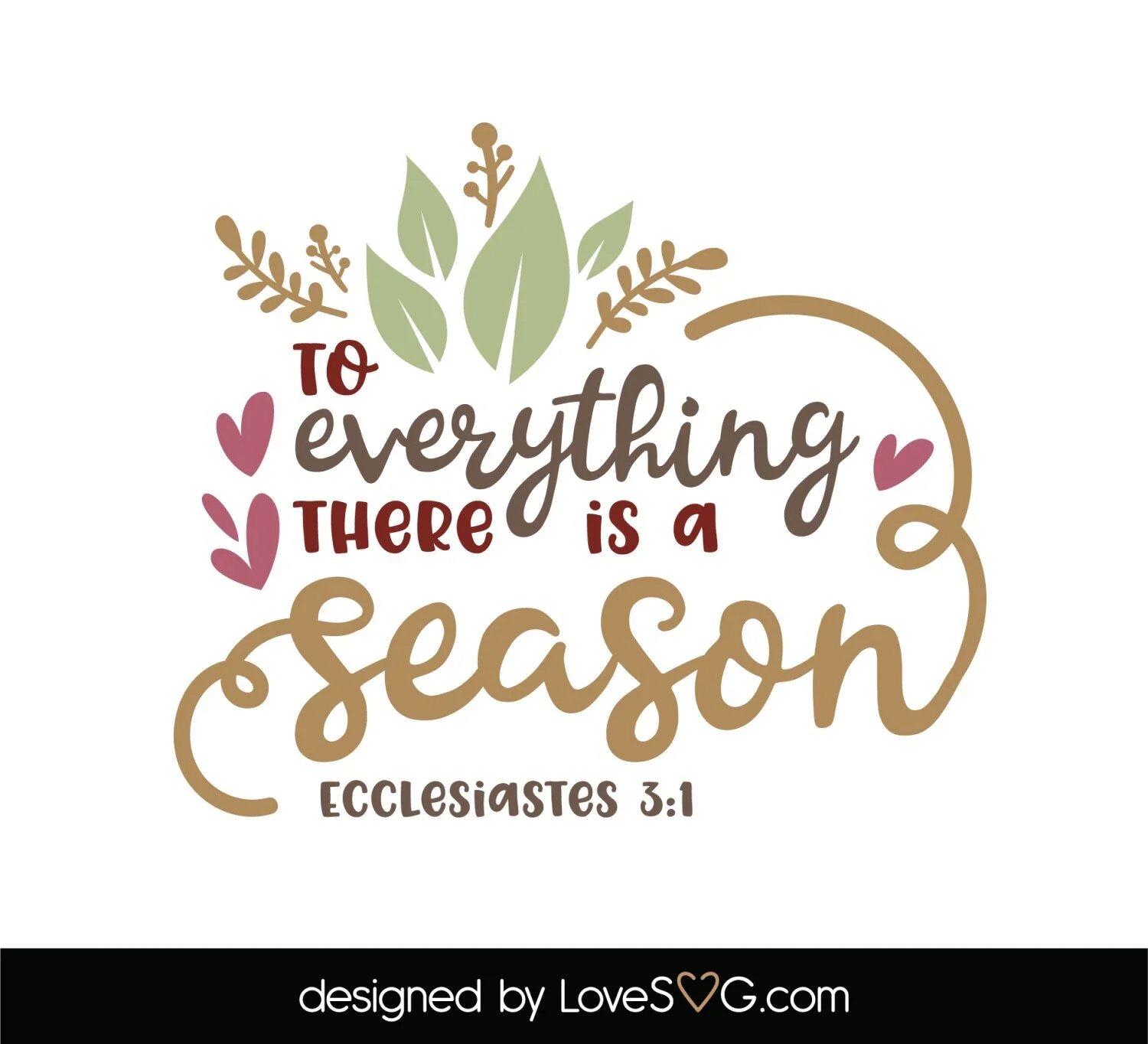The writer of Ecclesiastes gives a poignant description of life, beginning with, “For in everything there is a season.” He continues with a list of couplets which seem to be the opposites that we experience in life. For instance, a “time to weep” is coupled with a “time to laugh.” The “time to mourn” is completed by a “time to dance.” I feel that we are currently in a “time to grieve” throughout our world. I wonder if you feel it also.
The communal grief is produced by the response to the COVID-19 pandemic. Fear, loss, death, isolation and financial insecurity have touched us all. Required isolation results in deep loneliness and, often, depression. Many people have experienced illness and the loss of life. The shutting down of normal business threatens economic collapse and poverty for many. Loved ones who have died have not been granted the normal traditions of memorial services and burials, leaving the bereaved without the closure needed to successfully grieve and come to peace. Grief seems palatable and pervasive.
Such grief has touched my life this month. Two of my cousins died this week in Oklahoma and the family grieves. I grieve for them. My husband also lost a cousin in Kentucky this month. But what has overwhelmed me and left me mired in tears and loss is the death of my dear mother-in-law. We spent her last days with her and were there when she died. Even the knowledge that she had lived a long, productive life of nearly 95 years and was eager to enter heaven, has not negated my response of grief because of her loss. Her death was a beautiful experience of “falling asleep in the arms of Jesus.” Her memorial service was truly a celebration of her life. I rejoice she is in heaven. But, today I weep. It is a time to grieve.
For several years I delivered a lecture on “complicated grieving” to seminary students in South Carolina. I want to share the introduction of this lecture to further the discussion of this “time to grieve.” I began with a poignant poem by Walt Whitman that I deeply relate to.
TEARS! tears! tears!
In the night, in solitude, tears;
On the white shore dripping, dripping, suck’d in by the sand;
Tears--not a star shining--all dark and desolate;
Moist tears from the eyes of a muffled head;
--O who is that ghost?--that form in the dark, with tears?
What shapeless lump is that, bent, crouch’d there on the sand?
. . . away, at night, as you fly, none looking--
O then the unloosen’d ocean,
Of tears! tears! tears!
(Walt Whitman, Leaves of Grass)
Such is grief.
Grief is the response to bereavement--the condition caused by loss through death. Bereavement is something that happens to us. Grief is our response. It is our coping mechanism. It is our way to accommodate the pain of loss. In bereavement we feel we haven’t any choice. In grief. . . or at least the coping with grief we do have choices to make--even though it may seem that we’ve lost all control or ability to choose.
There are many ways to describe what we call grief. Ultimately the purpose of such coping mechanisms are to lead us to find new ways of loving the deceased in their absence. It is, according to Thomas Attig (past president of the Association for Death Education & Counseling), the search for a “new normal” for the rest of our lives. That “new normal” considers both the good memories and the painful losses, incorporates them into our way of living. We are forever changed when we experience deep grief. But--we are not doomed to be destroyed by grief.
While there is much more in the lecture that we could discuss, I will end with a poem I found after the murder of my son that touches my heart. If you are grieving at this time, there is hope; there is a way back to a “new normal” and an abundant life. For such a time as this. .
Death
(Rick Taylor)
Death is a big deal. I take it very seriously
God has my attention
I take my relationship with Him very seriously.
Death is not a friend;
It is an enemy.
I hate it passionately.
God has promised to be more than a friend.
I love Him deeply.
Death had taught me how to cry.
My Father has engulfed me
With His tender arms of compassion.
Death will come my way again.
My Father will see me through.
Death made me want to die with my son.
God has given me life beyond my wildest dreams.
Death tried to change my mind about God.
God has changed my life forever.
I am blessed.
